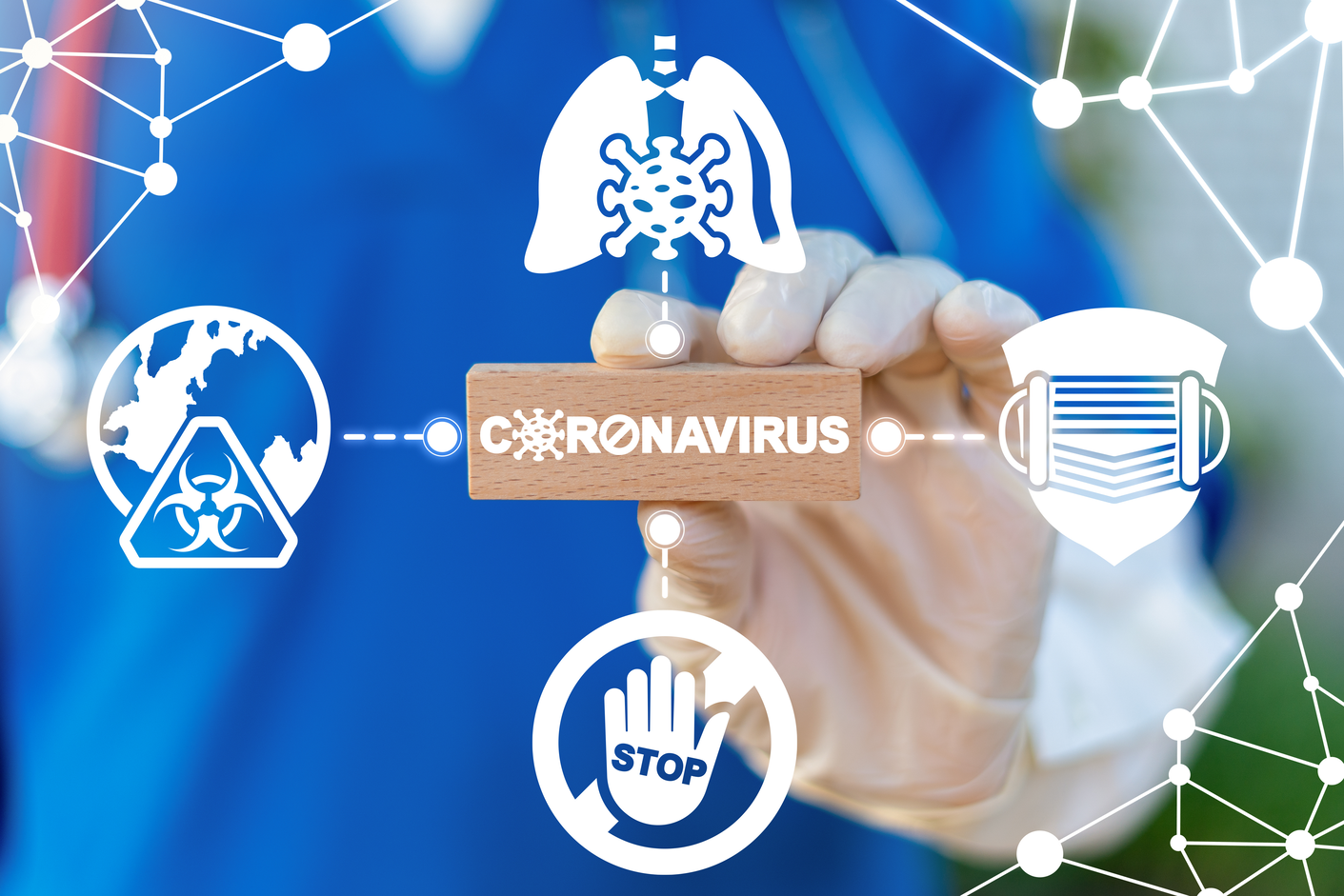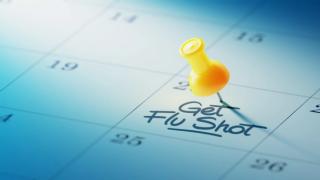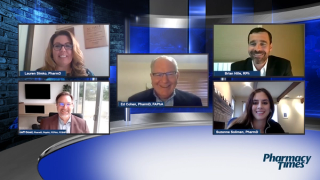
COVID-19
Latest News

Latest Videos

CME Content
More News

Study results show that unvaccinated pregnant women with the disease are more likely to experience poor childbirth outcomes, even if they did not have severe respiratory problems.

Ending the COVID-19 pandemic requires an understanding of how to manage the inflammatory dysfunction that the virus causes.

Study results show health plans paid most of the drug costs, despite the lack of effect seen on COVID-19.

The World Health Organization issues a strong recommendation for baricitinib and a conditional one for sotrovimab.
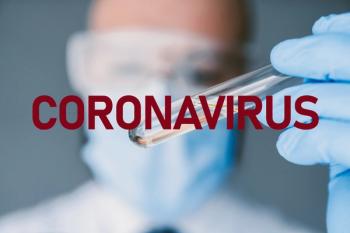
Monoclonal antibodies and emerging agents may avert severe illness, especially for high-risk individuals.

An explanation of the risks associated with COVID-19 booster shots.
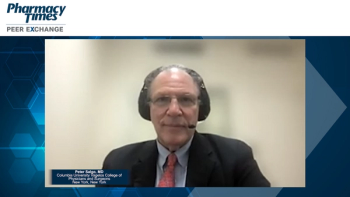
Dr Peter Salgo leads a discussion on the safety and efficacy of COVID-19 booster shots with a comparison to historical vaccine rollouts.
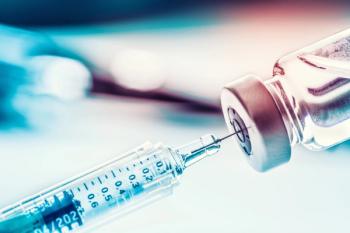
A new analysis suggests that boosters can provide ongoing prevention of death and hospitalization.

Most pharmacists see a transition from transactional care to more direct patient care responsibilities.
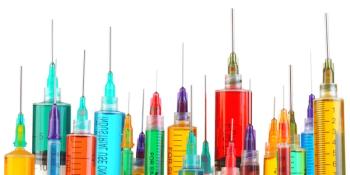
For the acceptance of a combination COVID-19 flu vaccine, the team asked participants whether they would be willing to take a combination COVID-19-flu vaccine as a single-shot every year.

Based on the results, the investigators found that a cloth face covering reduced emissions in all directions to about 2 feet compared to the 4 feet of emissions produced when coughing or speaking with no mask on.

Responses elicited by the pneumococcal vaccine for all 20 serotypes were similar whether administered with the COVID-19 vaccine or with placebo.
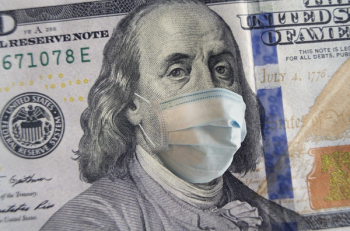
Well-designed incentives and education can help address COVID-19 vaccine hesitancy and bolster vaccination rates.

Earlier analyses also demonstrated the same potential of BBV152 against SARS-CoV-2 alpha, beta, delta, zeta, and kappa.
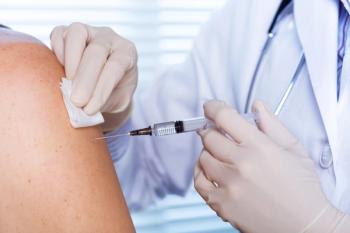
These individuals also receive immunosuppressive drugs that often impair the immune responses to the vaccinations, study results show.
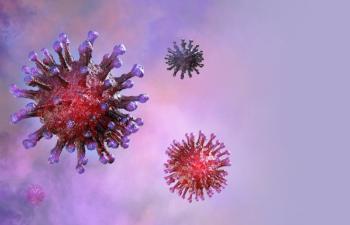
Ensovibep has met the primary endpoint of viral load reduction over 8 days in a phase 2 study, the companies said.

Study strongly supports the CDC’s guidance that booster shots are appropriate for anyone ages 16 and older, and that mRNA vaccines are preferred.
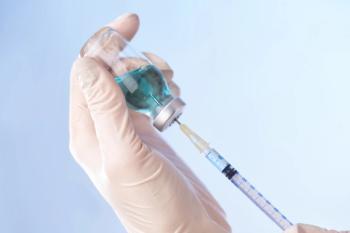
A single shot protects for up to 6 months against breakthrough infections, hospitalizations, and intensive care unit admissions, Johnson & Johnson says.

Out of the 3959 who were a part of the study, 2403 of the individuals were vaccinated and 1556 were unvaccinated.
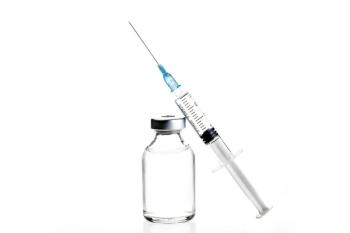
The recommendations include full immunization, including third doses and/or any approved boosters.
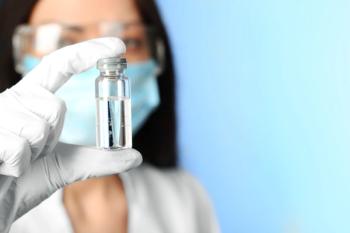
Results of a separate analysis demonstrate that Johnson & Johnson’s booster generated a 41-fold increase in neutralizing antibodies and a 5-fold increase in T-cells against omicron.

A panel of doctors explains whether or not someone can get a different COVID-19 booster from their original vaccinations and how they compare.

Experts discuss who is eligible for COVID-19 booster shots and the misinformation around COVID-19 vaccinations.
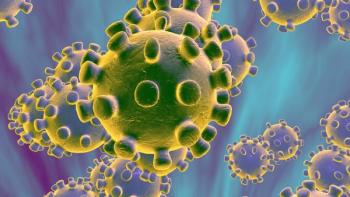
In laboratory molecular tests, scientists mix samples with assay reagents in a highly controlled process, but because the reaction conditions are tightly controlled, the tests are both sensitive and selective, according to the researchers.
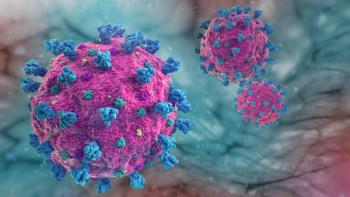
Tixagevimab co-packaged with cilgavimab is one of the only 2 antibody therapies issued emergency use authorization by the FDA that showed neutralizing activity against omicron and all other variants of concern.



